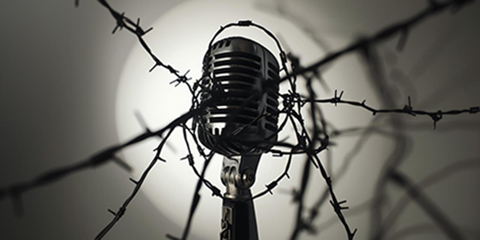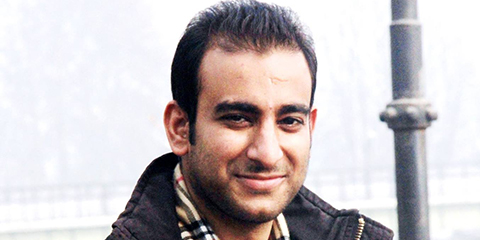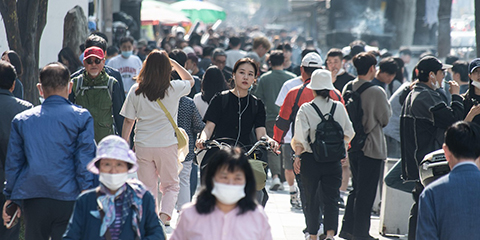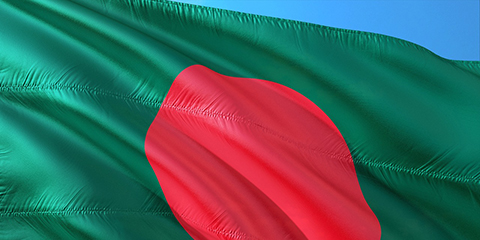Myanmar’s media crackdown deepens as UN, rights groups sound alarm
JournalismPakistan.com | Published last month | JP Asia Desk
Join our WhatsApp channel
UN and rights monitors warn Myanmar’s junta has intensified arrests, censorship, and digital repression, pushing independent journalism toward collapse since the 2021 coup.Summary
BANGKOK — Myanmar’s assault on independent journalism has entered a new and alarming phase, according to fresh warnings from the United Nations and leading rights organizations. New reports detail an escalation in arrests, censorship, and digital repression targeting journalists, editors, and media outlets across the country. Since the military seized power in 2021, hundreds of journalists have been detained, and dozens of independent outlets forced to close or operate in exile. Many reporters have gone into hiding, while others continue to face harassment, surveillance, and criminal charges simply for doing their jobs.
The UN’s Special Rapporteur on Myanmar described the country as “a black hole for press freedom,” pointing to systematic efforts by the junta to silence criticism and control narratives both online and offline. Rights groups, including Reporters Without Borders (RSF) and Human Rights Watch, have warned that new digital laws are being weaponized to monitor social media, intercept communications, and prosecute journalists under broad “disinformation” or “state security” provisions.
In recent months, several journalists were reportedly arrested for covering protests, economic hardship, or reports of military abuses in conflict areas. Outlets that attempt to report independently face constant threats of closure, raids, or online blocking. Many publications have been forced to relocate abroad, with exiled journalists struggling to verify information and protect their sources amid growing digital surveillance and cyberattacks.
The crackdown has also had a chilling effect on public discourse, pushing many citizens to self-censor or abandon online activism altogether. Analysts warn that the regime’s control over the information landscape risks erasing independent journalism, leaving propaganda and state-controlled narratives to dominate public perception.
The situation has implications beyond Myanmar’s borders. Regional media observers note that the junta’s tactics—tightening digital control, criminalizing reporting, and intimidating the press—reflect a broader pattern of shrinking civic space in Southeast Asia. Neighboring countries, they warn, may follow similar models under the guise of “cybersecurity” or “information security.”
As international pressure builds, the UN and advocacy groups are calling for stronger diplomatic action and renewed support for exiled journalists and independent Myanmar media. Without sustained global attention, they warn, one of Asia’s last bastions of resistance journalism may disappear entirely.
























